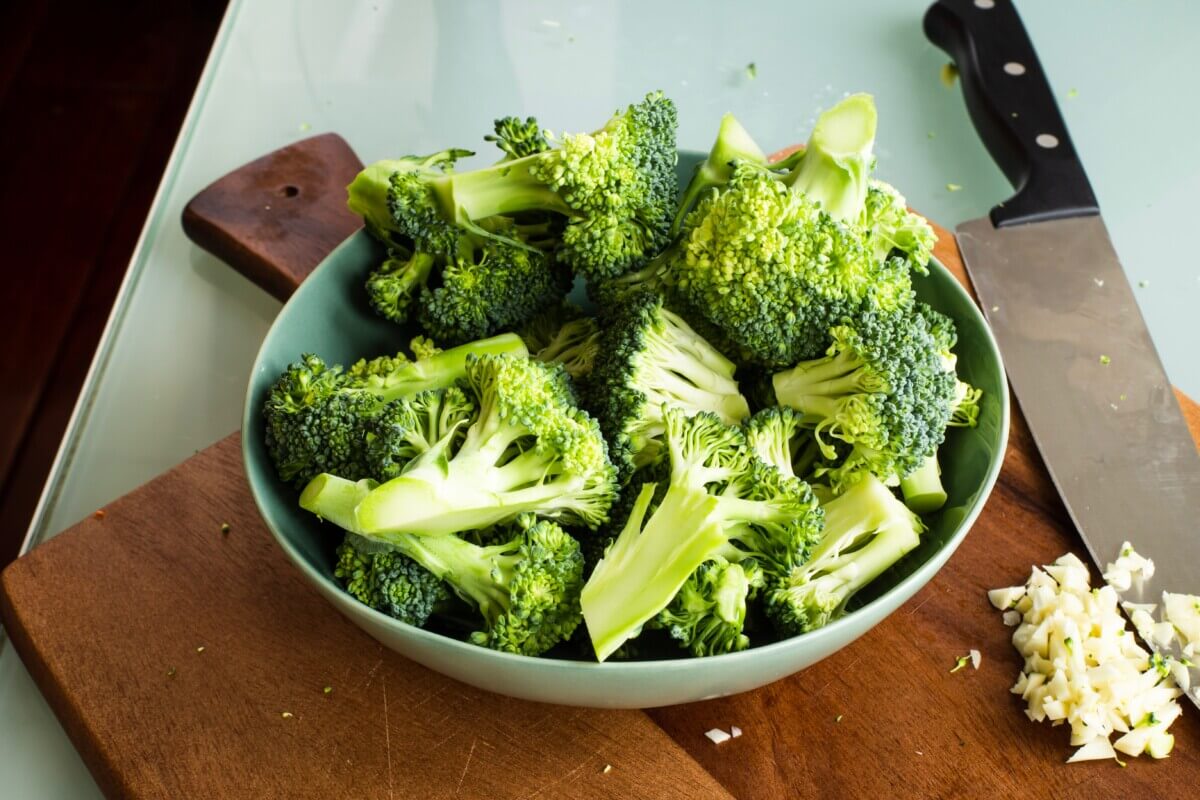
(Photo by Louis Hansel @shotsoflouis on Unsplash)
.JOONDALUP, Australia - Our parents may have been on to something when they told us to eat our vegetables. According to researchers at Edith Cowan University (ECU) in Australia, eating more cruciferous vegetables (such as broccoli, Brussels sprouts, cauliflower, and cabbage) could be the key better blood vessel health.
In the study, the researchers looked at data from 684 women in Western Australia who were recruited in 1998. Results show that women who eat more than 45 grams of cruciferous veggies each day — equal to about ¼ cup of steamed broccoli or ½ cup raw cabbage — are 46% less likely to have calcium build-up on their aorta.
Blood vessel disease is a condition that affects arteries and veins and can restrict blood flow throughout the body. The buildup of fatty calcium deposits on the aorta is a key marker of blood vessel disease. It's also the biggest contributor to heart attack and stroke.
“In our previous studies, we identified those with a higher intake of these vegetables had a reduced risk of having a clinical cardiovascular disease event, such as a heart attack or stroke, but we weren’t sure why,” said lead researcher Lauren Blekkenhorst in a media release. “Our findings from this new study provides insight into the potential mechanisms involved.”
Connection between cruciferous veggies and blood vessels
Interestingly, the study also shows that calcium build-up on the aorta is not related to overall vegetable consumption or consumption of other types of non-cruciferous vegetables. Thus, it seems that there is something special about cruciferous vegetables in particular.
“One particular constituent found abundantly in cruciferous vegetables is vitamin K which may be involved in inhibiting the calcification process that occurs in our blood vessels,” said Blekkenhorst.
“That’s not to say the only vegetables we should be eating are broccoli, cabbage and Brussels sprouts. We should be eating a wide variety of vegetables every day for overall good health and wellbeing,” she added.
The study is published in the British Journal of Nutrition.
[fb_follow /]










